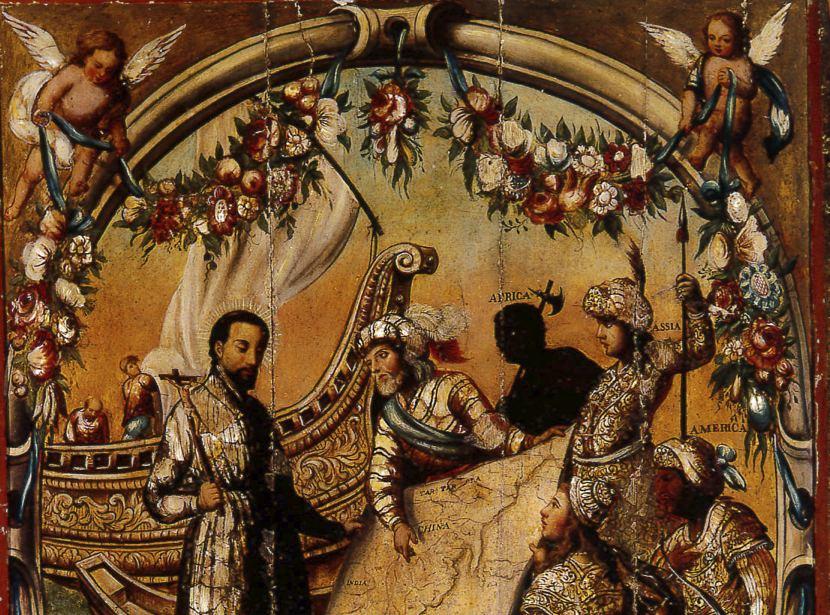(iii) Religious conversion and colonialism
This course investigates the experience of religious conversion as a fundamental part of the rise and expansion of colonialism on a global scale between the fifteenth and twentieth centuries. The first segment of the course will consider the concept of religious conversion as it has been analysed by historians and anthropologists, as well as the political and intellectual context surrounding the emergence of the missionary projects. However, the bulk of the course will be made up of case studies which will show the diverse reception these missionary movements encountered. The use of specific cases from Africa, Spanish America, the Middle East, and Asia, will require students to get to grips with deep cultural variety and the question of conceptual translation, as well as the political logic of European expansion.

Students will be asked to consider the role of the ruling classes in the process of religious conversion, and why Christianisation efforts were successful in some regions (as in Spanish America) while having only modest effects in other areas (such as Asia). And we shall consider the different role played by the state in driving religious conversion in areas such as the Americas and the Ottoman Empire. The course has a theoretical component, which should stimulate students to take a critical approach to the historiography and develop their own perspective on issues such as religious boundaries, the state, and cultural change through sustained comparison. Yet it will also be rooted in particular moments of encounter as illuminated by a diverse range of primary sources. These sources will include chronicles, travel diaries, correspondence, sermons, reports of ecclesiastical visits, music, and images.
This material is intended for current students but will be interesting to prospective students. It is indicative only.
